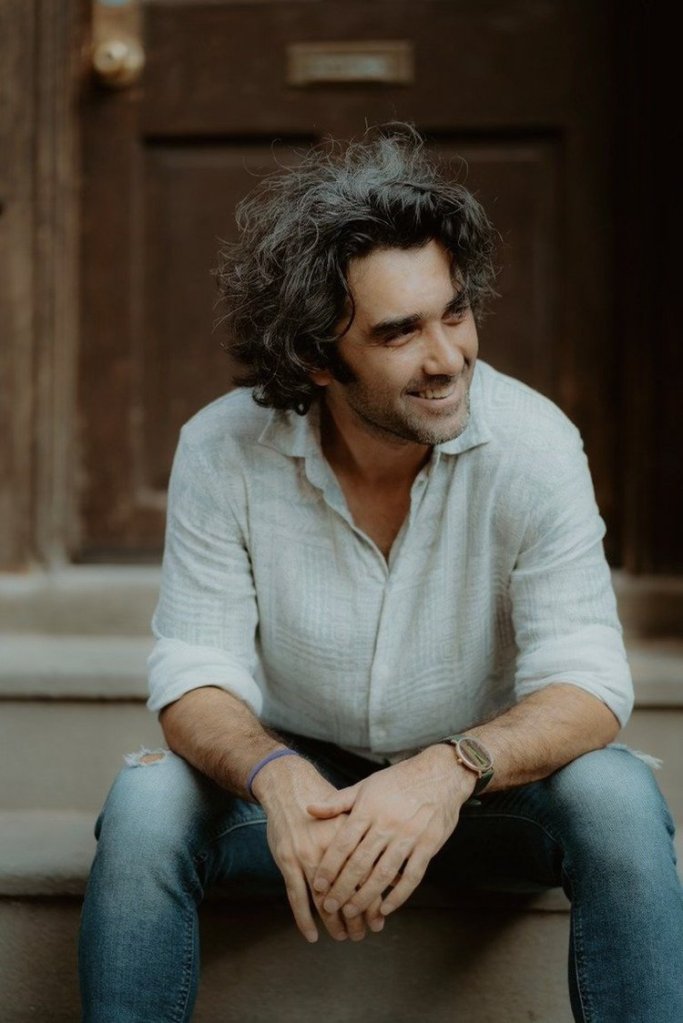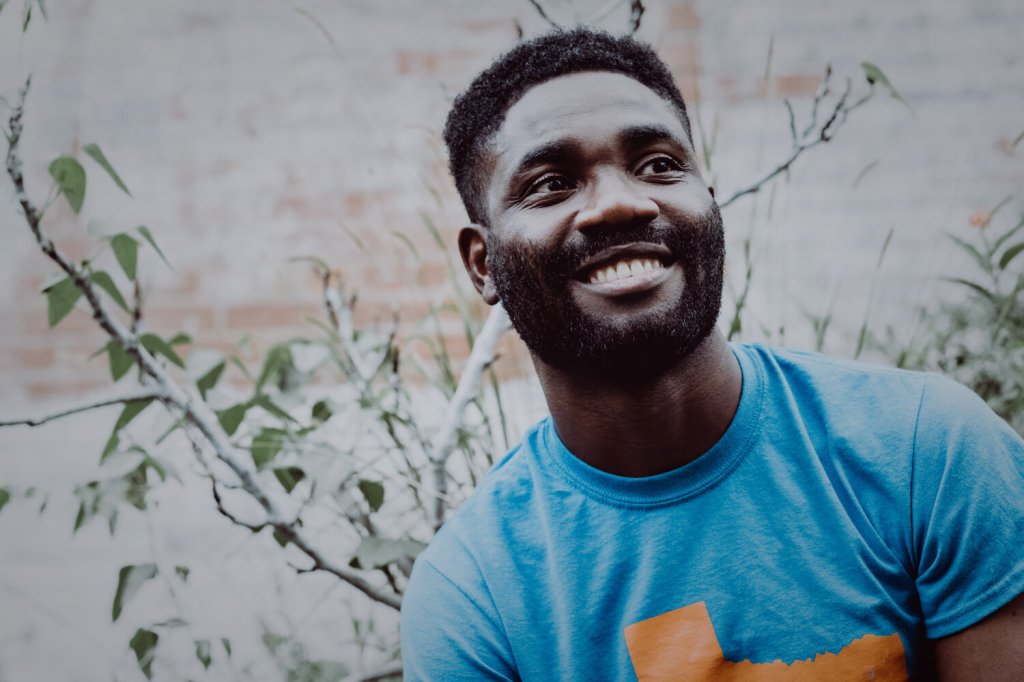JESSICA and ANNIE were two of the most super-duper, uber forces in my second-grade class at Brethren Missionary School where I had been banished by my professor parents. Run by and for White expatriates, the admissions practice at Brethren meant no colour bar impeded wealthy Nigerian locals and rare hybrids.
At seven years of age, I was aware that these two big timers’ energetic vibrations seeped insidiously into everything – everywhere – altogether — without discrimination.
Yes indeed, everything about JESSICA and ANNIE was big, bold, brassy and BOMBASTIC.
Boom! Boom! Boom! KABOOM!
Reverberating echoes flared, flinched and flickered every time these two beauties entered any room with their long, loose limbs, luxurious locks of accessorized hair, high top sneakers and empty, shell-blue peepers. It seemed that everywhere I went, they were there too. Not because they relished gazing at my brown face but because they took up SO-MUCH-SPACE, evidently enjoying using their invisible elbows to prod me out of their way with impunity.
OUCH!
My motley-type of mother said JESSICA and ANNIE were “strapping yet striking” in response to my query about how pretty she thought they were. Come again, Mummy?
“Strapping and striking like the Vikings?” I further inquired.
“That’s right, Cher!” she chuckled. Then smiling, she stated dryly, “Hitler would have been proud of those two”.
Her pointed wink and suppressed girlish giggle told me the last point wasn’t intended to be a compliment, and so I garnered she was trying to comfort me in her familiar, feeble-while-bizarre kind of way. Regardless, I was under no illusion that I was of any significance when standing alongside the two little-girl giants christened JESSICA and ANNIE. Me, with my cornrow hair; them, with their corn-colored hair seemed to say it all.
Corn-colored was better than cornrowed.
I didn’t know exactly why this had to be so, but it seemed incontestable by the way JESSICA and ANNIE looked right through me as if I wasn’t there.
I will never look like them, no matter how hard I try.
From their imperious ribbon hair ties all the way down to their frilly ankle socks, these two outdid me in every way. Even more hellacious were their voguish backpacks hanging side by side in their respective cubbies; one red and one blue, sequined embroidered initials and all, commanding attention from every corner of the room.
One warm morning, swaddled by the green-grey, partially misty hills of the Jos Plateau — an emerald shawl, perfectly draped, ethereal as a scene from the Brigadoon of my wildest daydream — all thirty of us children were sitting cross legged on the floor of our open-door classroom, when Miss Rose chose JESSICA and ANNIE to show and tell where they were in their science project. Springing to their feet in unison, and speaking accordingly, these beauties proudly yet aloofly held up their once empty jam jars now filled to the brim with piles of brown pellets. They explained that they had spent the previous week collecting the pellets, which were actually called cocoons — if you please — and were going to keep a close watch on them until they turned into butterflies. Up until this point, I had been staring at these two in reluctant admiration.
A shrill, sane voice from the back of the class asked Miss Rose, “What are they going to do with the butterflies?”
Now grinning in unison, JESSICA and ANNIE produced a glass frame divided into separate compartments, the way a pair of premeditating magicians might, and said they were going to poke the butterflies through the heart in order to kill them, using colored pins (they gestured to their weapons) then place them in the glass frame as a gift to the class so we could all admire them forever and ever.
Silence.
Then, the worst type of stabbing pain began to form in my gut, a sort of wretched chronic punch, as I slowly digested the information amidst these monsters’ beaming faces.
Jagged red evil eyes.
Why was Miss Rose nodding and clapping?
Looking around the room, I noticed some of the other children in my class with accentuated downward-turned smiles.
☹☹☹
I didn’t need to find out how many of them felt the same way that I did.
I just knew that I had to act stealthily and FAST!
***
If anyone had been paying close attention, they might have perceived that I became very quiet for a good portion of that whole day. Indeed, they might have noticed that I went missing at lunch time. But I don’t think that was the case. Nobody noticed at all that during our tennis class, on the tennis courts, while everyone else was baking in the generous Nigerian sun, under the scrupulous watch of three large birds of prey– stately as the magisterial magi of Persian fame and biblical proportions — I stole my wily way back up to the second-grade classroom.
HA-alleluia! It was my lucky day. (No one was there.)
Feverishly I made a bee line for those cocoons, and wouldn’t you know, when I ransacked the red and blue sequined embroidered backpacks, those darlings rose to the top almost immediately, making things easy peasy. I grabbed the two teaming-full jars, wrapped them in paper towels, wedged them under my arms and fled the scene running and running and running until I came to the old, prickly briar patch that nobody liked to go anywhere near — the one that I had always fancied the plantation proverbial Brer Rabbit would have loved. Then my seven-year-old fingers successfully prised off those ghastly jam jar lids, and I threw those darlings into that briar patch as far back as I possibly could.
“You’re free now!” I whispered, gleefully.
***
Immediately fleeing the scene, my surroundings became more nether-worldly with each step. Somewhere in the not-too-distant landscape I pensively observed my sister, Clare, milling her way around the school compound.
Hmm. What was this?
Not only was Clare a whole three years older than me, but she was also quite a bit taller, and skinnier too, and she walked with a slight stoop. Her eyes were larger than mine, with a slight bulge about them, and she wore her dark brown hair in a short, tightish, slightly unkempt afro. Sometimes when she poked around aimlessly, she reminded me of an ostrich, and other times she seemed like Olive Oil (the cartoon character with the annoyingly high-pitched American voice).
Today my sister is an odd-looking ostrich.
At school, Clare was devilish in her modus operandi. As an interesting consequence of her “unacceptable acting-out behaviors” she was often to be found enjoying enviable coloring activities — during which she was allowed to use thick, bright, smelly, and interesting-looking crayons in the counselor’s office — and otherwise wander around, unfettered, to her hearts content.
Mmm, how I love the scent of those pens. Especially the grape.
Ordinarily Clare despised, and saddened me, but today I felt so happy and lucky to see that weirdo sister of mine en route to rejoin my classmates at the tennis courts! A potentially positive interaction had to be possible.
What if I tell Clare?
As I got closer to her, I became aware that my sister was not alone. Elouise, her orange-haired, freckle-faced partner in crime — as coined by my mother — had popped up like a bad penny, and now they both were looking at me with slightly sardonic grins on their faces. My feet, in seeming concert with my heart became languid with apprehension. I hesitated.
Don’t be a fraidy cat. Shuku shuku is for supper tonight!
Feeling a small burst of hopeful energy, I began to open my mouth…but before I could get a word out, the dubious duo vomited gibberish at me, projectile style, in the “secret language,” that existed only between the two of them, and ran off laughing, apparently metamorphosed into a pair of frenzied, howling hyenas.
I’d been effectively ditched by the feathered critter and its sidekick.
Once detached from Daliesque reality, it was easy to slide back onto the tennis courts unnoticed. Next to JESSICA and ANNIE, I was not that visible after all. Later on, back in the classroom, my spine trembling like a jellyfish, I watched and waited to see what would happen if per chance these two huntresses decided to furrow into their bags before the end of the day.
Well, they did of course.
Oh, my. Big ugly tears!
And later, threats that when found, their missionary daddies would expel whichever uncivilized thief it was who stole from them. I shrugged (inwardly, of course).
Oh, well. I suppose the crème de la crème did not get the cream today?
“Jesus is watching, he will PUNISH you!” was J and A’s final ominous warning, followed up by a long menacing stare unmistakably directed towards the five darkest-skinned pupils in the room. I must have been momentarily unrestrained for I accidentally allowed something sounding like a scoff to escape from my throat. Upon so doing, my thunderously unhelpful heartbeat dropped into my gut…and then, WHAT in the? Suddenly a storm of butterflies was trapped in that hysterical tummy of mine. Well, a real MIRACLE must have happened, right around that time, because somebody without any type of face that Iwas able to see, ever so swiftly transformed my scoff into a camouflage cough.
Ahem. Ahem, AHEM…!
“Oh, thank you, Miss Rose”. I watched the words float out of my mouth in a big fluffy thought bubble, syrupy sweet, and soft as candy floss, as I reached for the partial glass of lukewarm water my missionary teacher had extended in my direction as I furtively rubbed my belly.
Relax butterflies.
Jesus was not going to punish me. Up until this point, I don’t think I had ever been as sure about anything in my whole, little-kid life.
A little later on, the boarders and I watched the Nigerian Sun set
slowly;
a hazy, lazy red eye, filled up and fed up
with enough hungry secrets to last one hundred lifetimes,
its hot sultry stare seeming to devour my mulatto skin, knowingly
nurturing my Blackness without my consent,
and it was then that I remembered, something my misfit-of-a-mother liked to say:
“Cheryl wears her heart on her sleeve”.
Well, maybe—I thought, with the most insolent-looking, inward eyeroll that my mother could have possibly imagined. But, not this time. This time, my poker face was simply superlative.
Cheryl Atim Alexander is an African European woman primarily of Nigerian, Greek, and British descent. Born into a family of readers and writers, she has never known a time when she wasn’t reading or writing lyrics, poems and stories. Currently an MFA student, Cheryl is enjoying leaning into a newer identity as a multi-genre writer. Her writing material emanates from lived, professional, and educational experiences surrounding holistic mental health and wellness, new thought spirituality, and human and animal rights. She aims to entertain, educate, agitate, and activate soul-filled inspiration to anyone who may have temporarily misplaced their voice. You can find her on LinkedIn at Cheryl Atim Alexander, LICSW, RMT.















